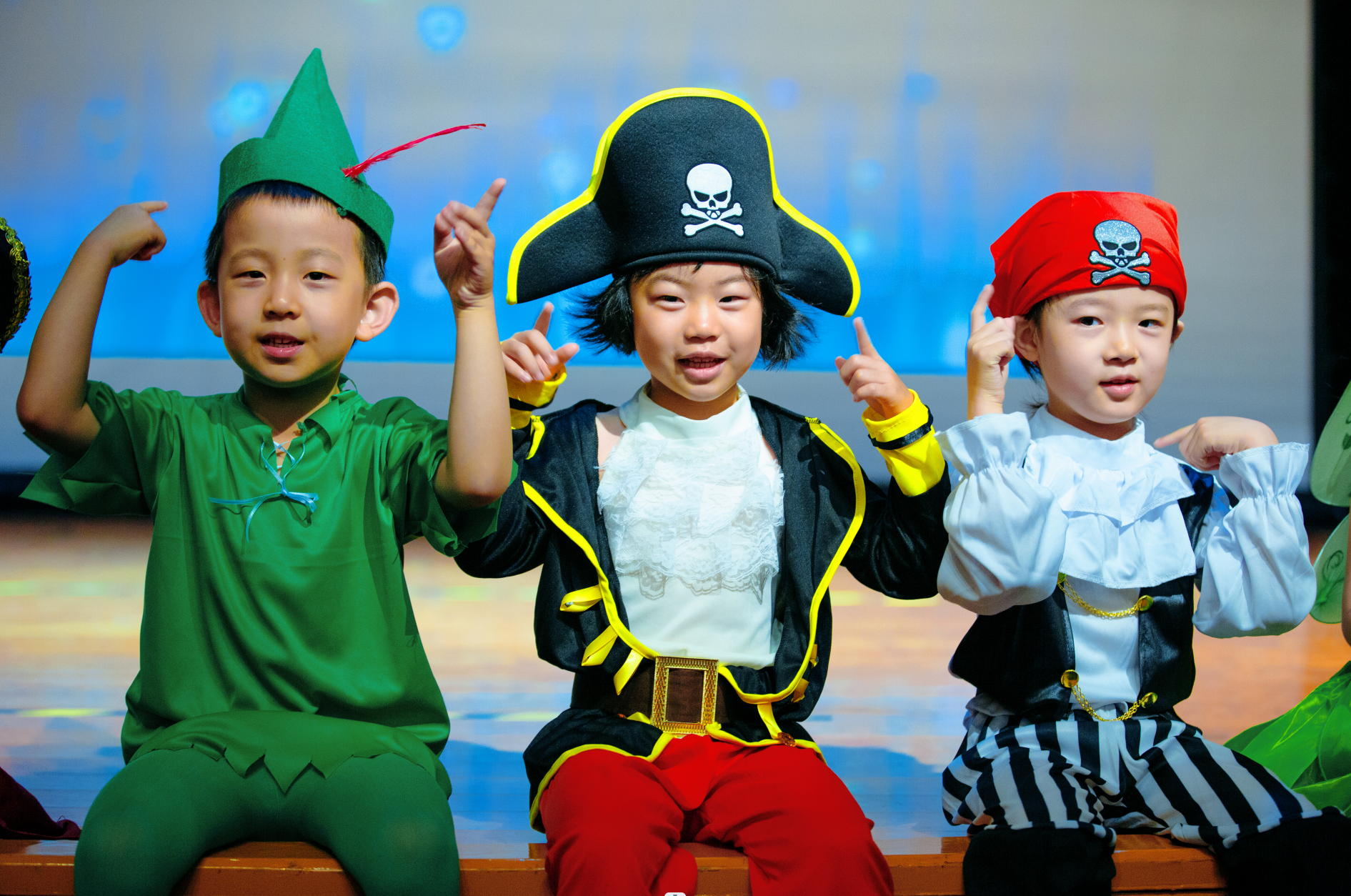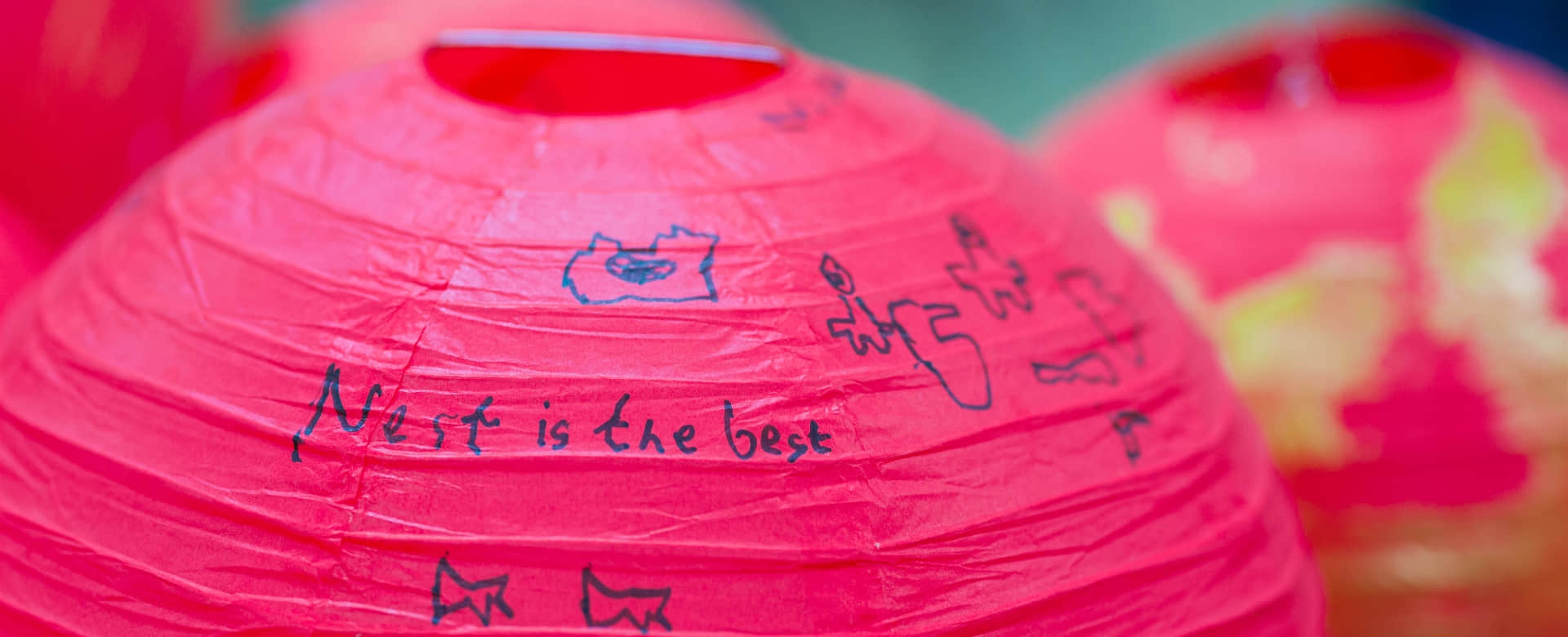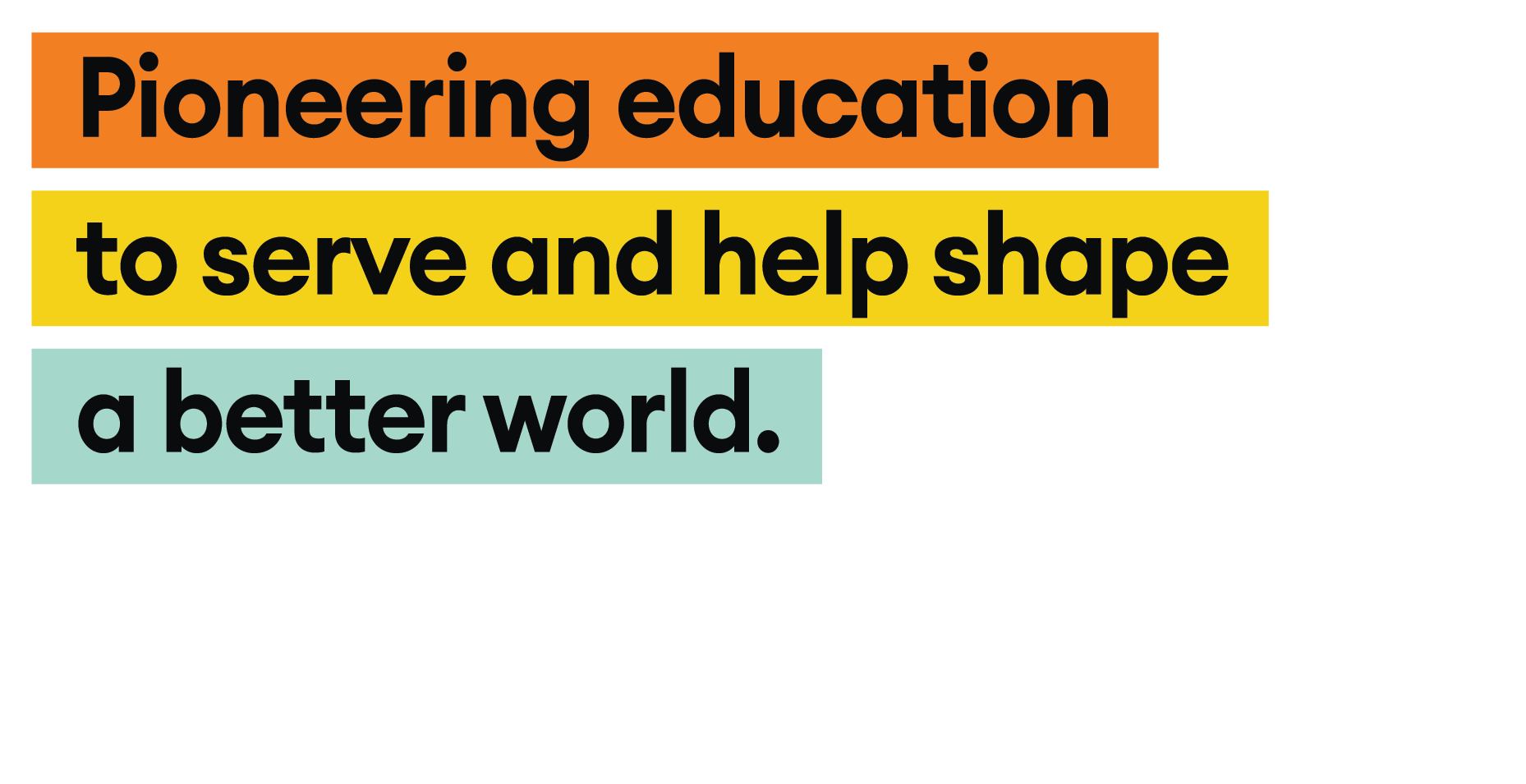Educational Insights | Outdoor Learning in Early Years

Jan Bennett
Head of Early Years
Have you ever taken your child to an open space? The first thing they want to do is to let go of your hand and run! Children are born with the desire to move and when it's an open space, this is even more exciting.
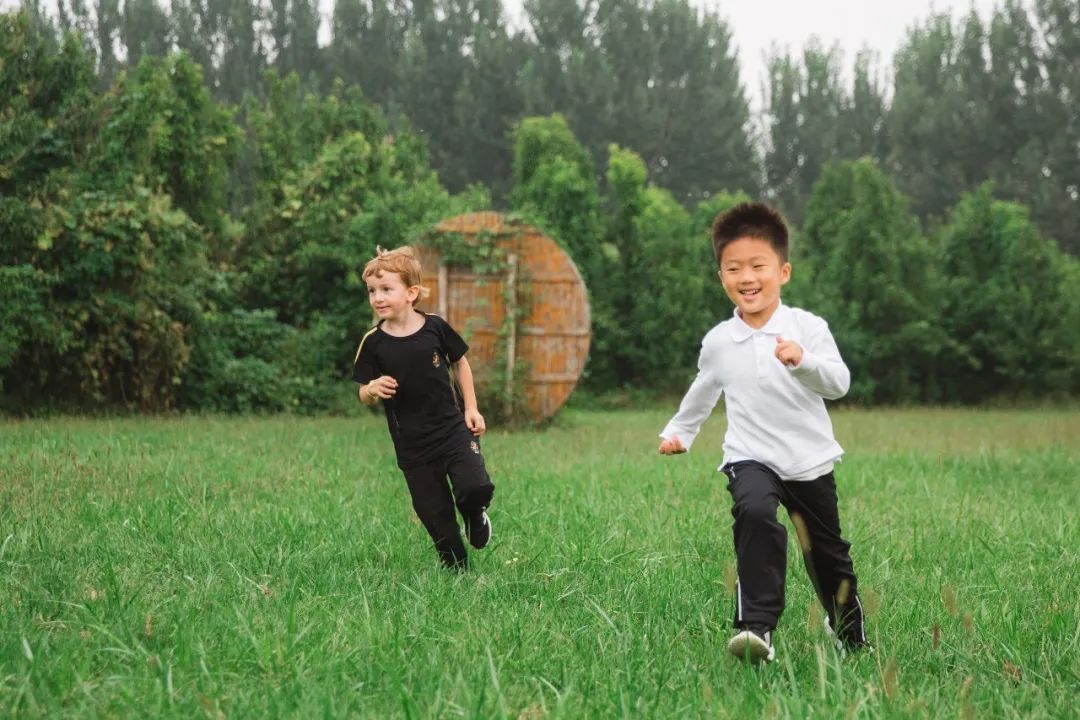
Learning to move is not just about making muscles strong, it is vital for a child's growth and development. It helps them learn about the world and their place in it. Therefore, movement is important for the development of their mind and body. Each child needs to learn how strong they are, how fast they can run, how high or far they can jump, how loud they can shout and how confidently they can climb.
They need to test themselves as part of growing up to learn what they can do and what their limits may be. This involves a degree of risk- for them and for us as parents and educators. Sometimes this means we have to be brave enough to let our children try out their strength or speed. Which fears do we have about safety and which ones can we support children to find out for themselves? A child who is never allowed to run or jump will not develop the skills to eventually do it safely. In all our learning, even as adults, we do not get things right the first time.
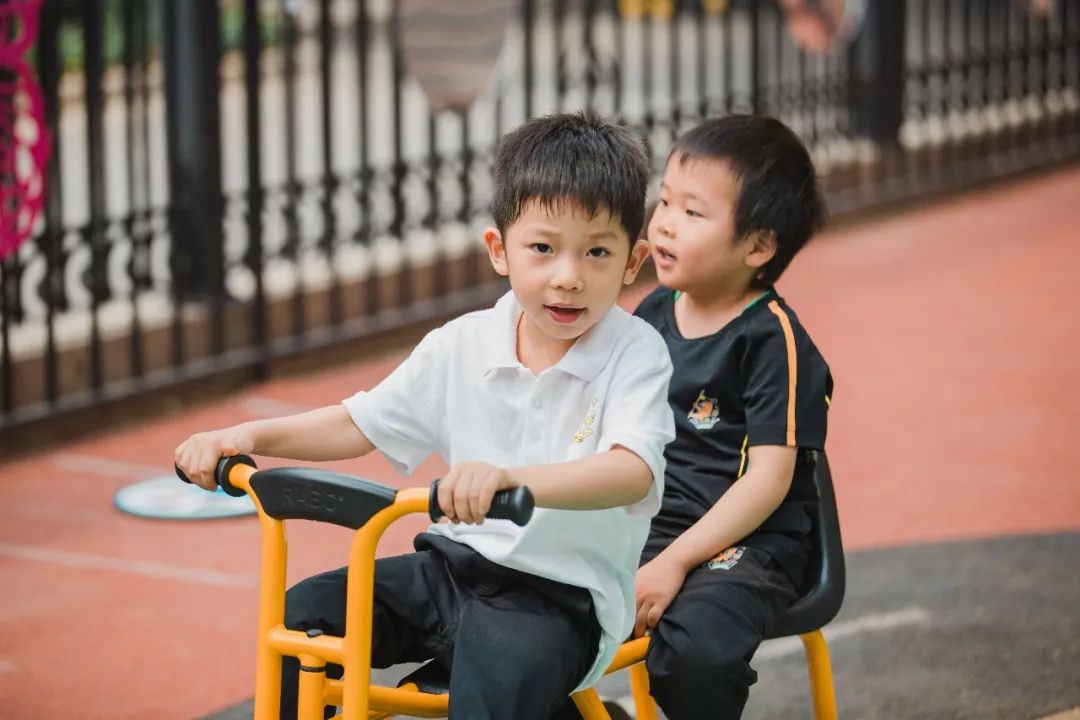
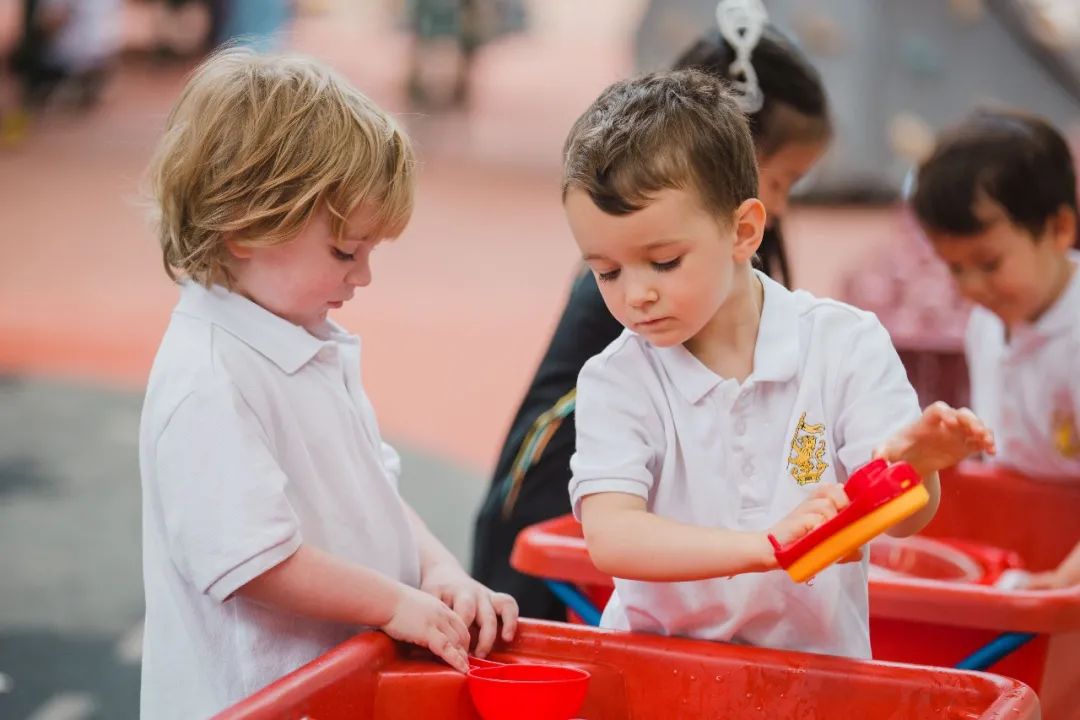
Outdoor learning and using natural resources like leaves or sticks in your play, where a leaf becomes a bowl and a stick becomes a spoon allows a child's brain to develop symbolic play- when a child can 'pretend' one object is something else. Thinking in symbols is essential for children who want to be good at reading, writing, mathematics and problem-solving. Giving children the right outdoor learning provision means they are supported and encouraged to learn across all areas of learning and development. The English Early Years Foundation Stage curriculum that forms a basis for the provision at Wellington College Bilingual Nursery states that all children must have access to an outdoor area. It is recognized that this area encourages children to learn through experimentation, develop their sense of empowerment and group dynamics.
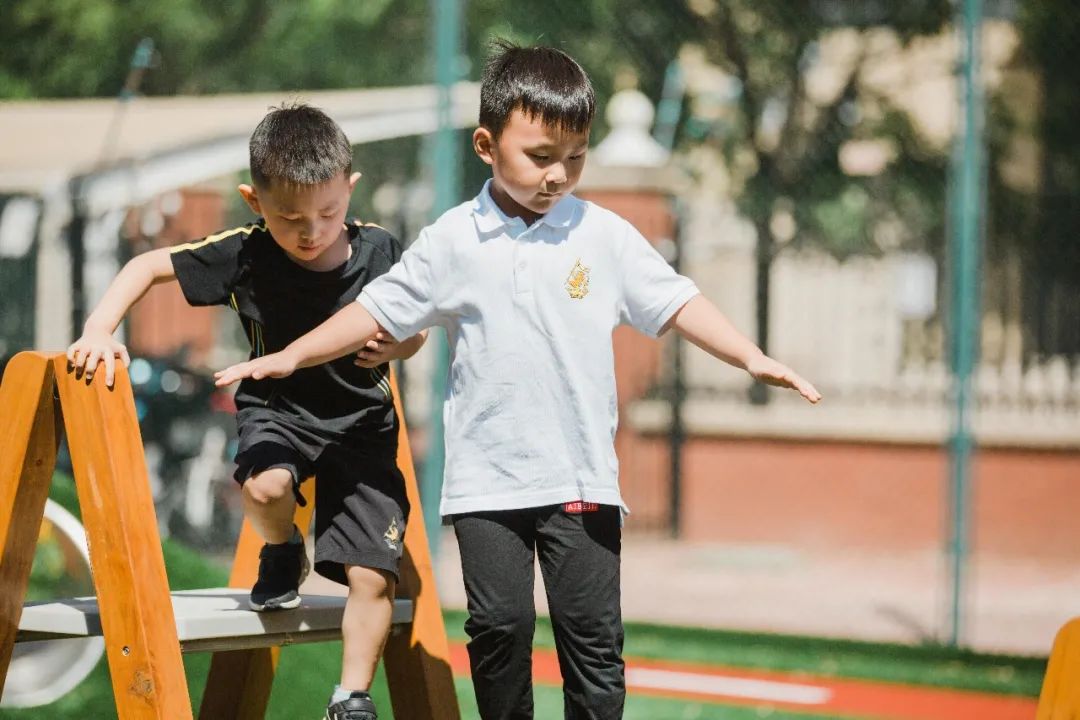
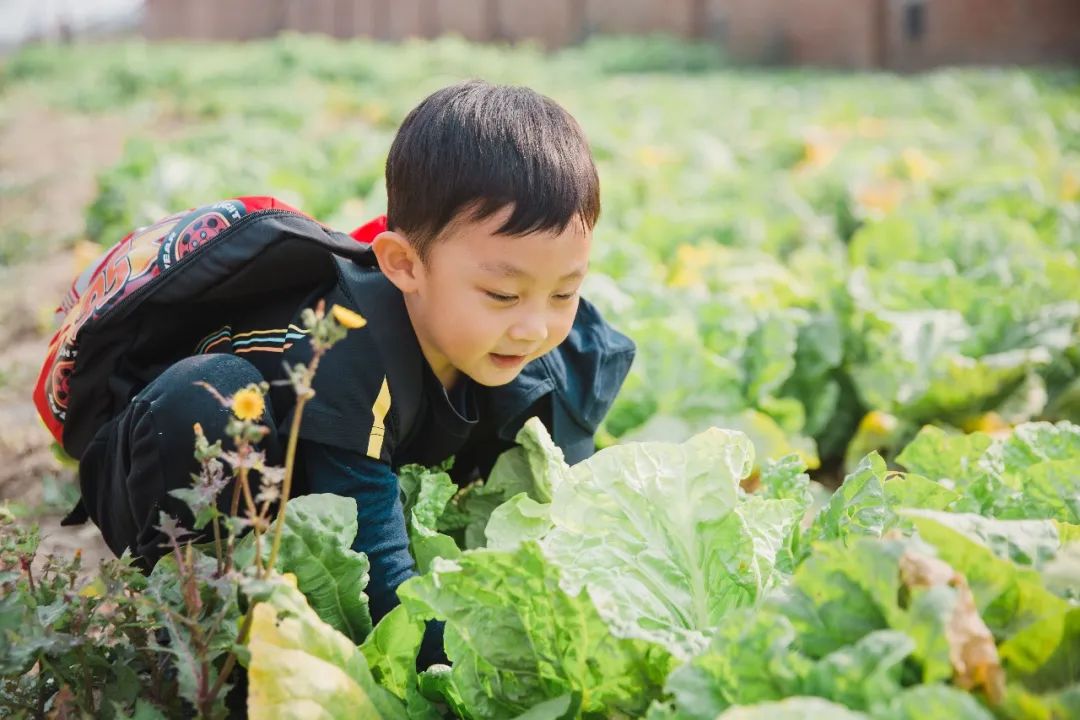
Outdoor learning boosts confidence, social skills, physical skills, self-esteem, self-confidence, collaborative working, communication and a positive attitude. If spending some time learning under the sky can achieve all of this, we owe it to our children to make sure it happens.
A child's brain is wired to be an active learner. From birth, we develop by actively engaging with the world around us. Babies will play with their own fingers and bite their own toes as they begin to understand that hands and feet actually belong to them. Active learning is the key to children learning and developing. It supports children to act on objects, interact with people, ideas and events, supporting them to develop new constructs and understanding- they are creating the mental structures to help them think and move on, and once they start this they develop the skills to do it independently. Young children are not 'designed' to sit still. The more they move when they are young, the better equipped they are to sit when they reach the age of 6 or 7.
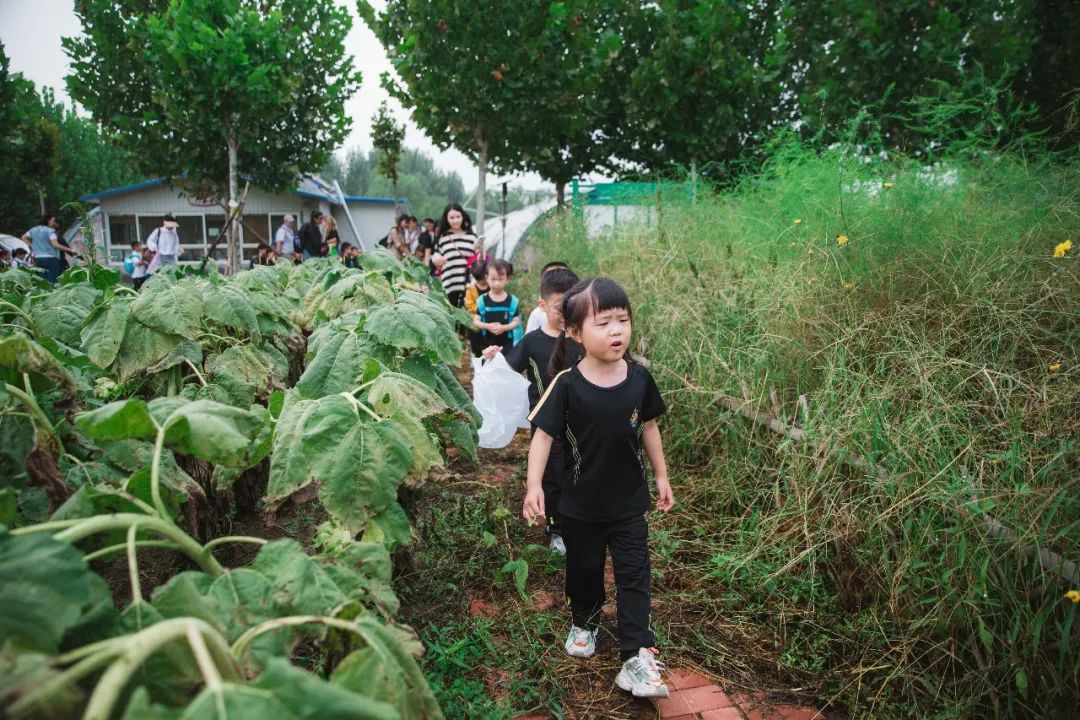
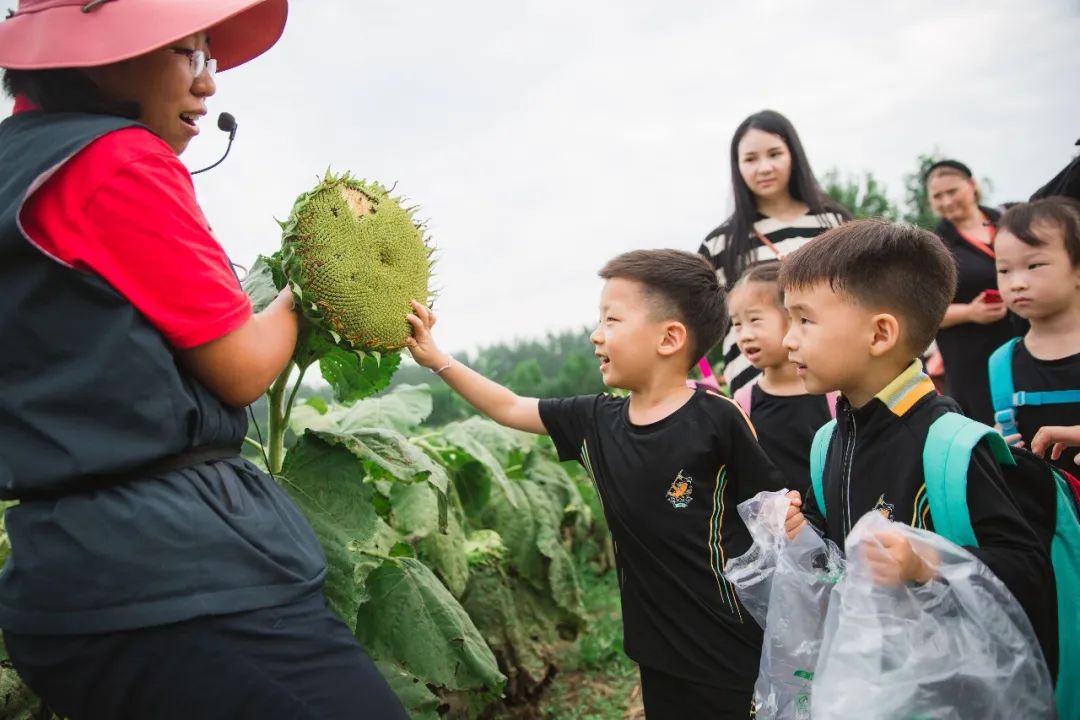
Studies have shown that the development of gross and fine motor skills foster language development from infancy through early childhood. In order for children to develop accurate and precise fine motor skills to have dexterity and control over fine motor movements needed for writing, they must have had a lot of opportunities for gross motor skills to be part of their everyday experience as they grow and develop. Gross motor activities are the development of large muscle groups. These allow us to develop balance, coordination, reaction time and strength. Without balance and coordination handwriting will be a difficult skill to master. We have to start big before we can go small.
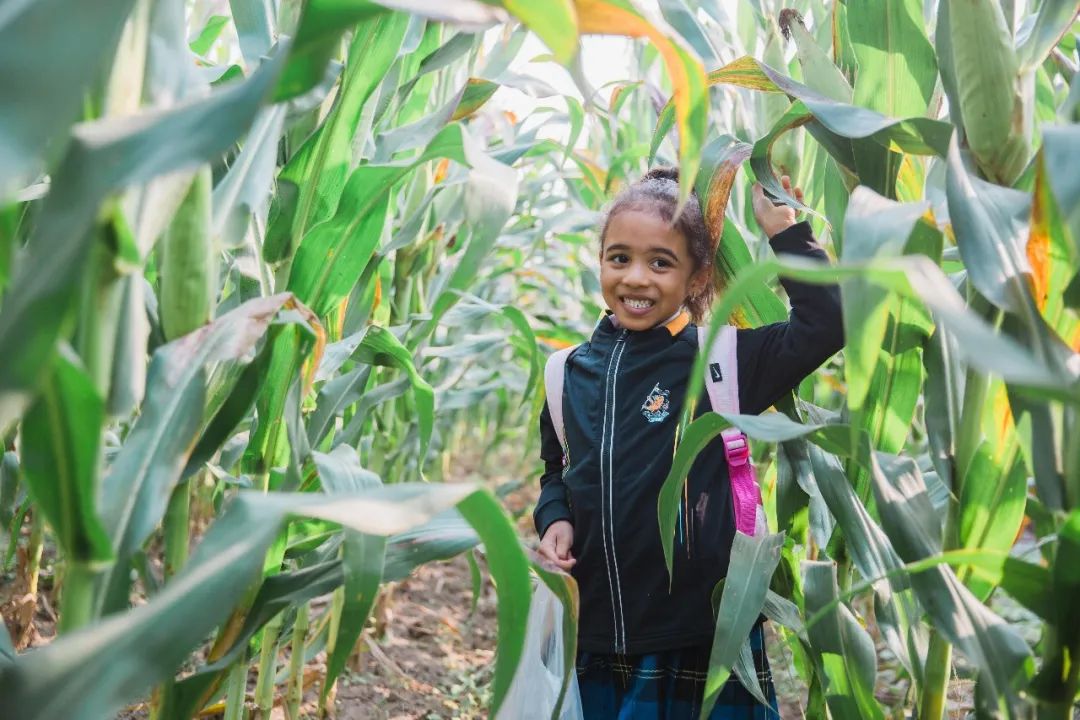
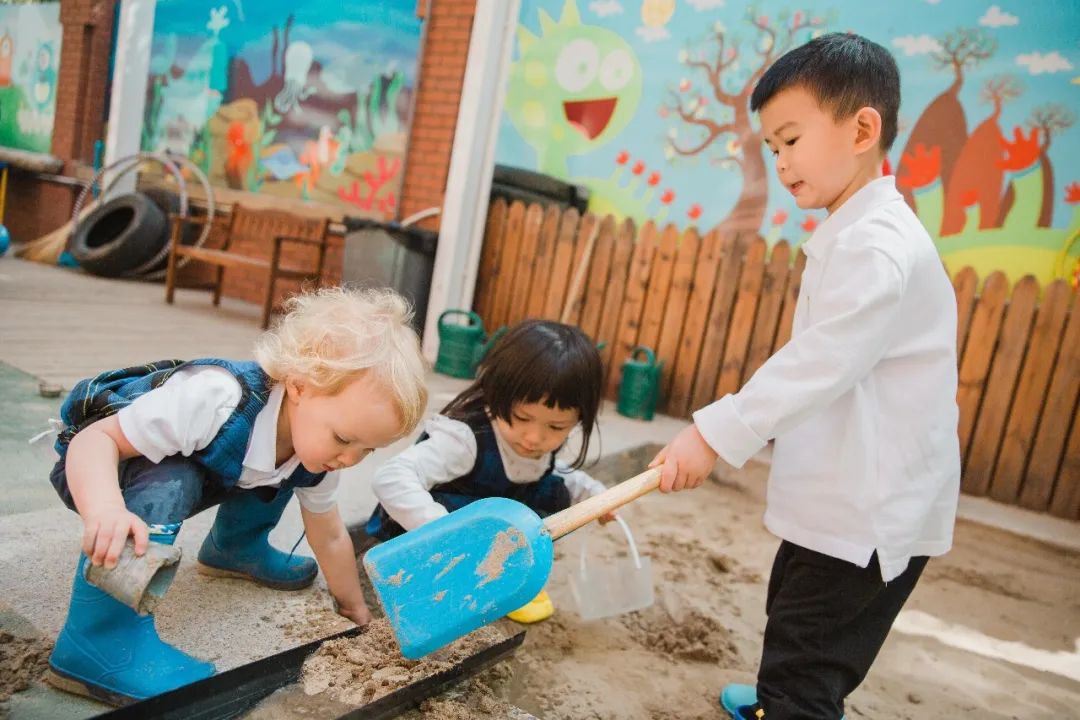
We understand that it can get cold in Tianjin, and we would always adjust the time outside according to the weather. However, this doesn't mean because it's cold, or windy, or hot or wet, that we keep the children inside. We would use our professional judgement to decide when and for how long children are outside. All we ask is that they have some spare clothes kept in school, a warm coat in winter and a waterproof coat if it is wet. Boots to keep feet dry and hats for hot days or cold days.
We plan the very best learning opportunities for each child that takes place inside and outside. What we plan for outside learning we simply cannot deliver inside. We aim to bring the best for every child so they make the progress they deserve and reach their potential!
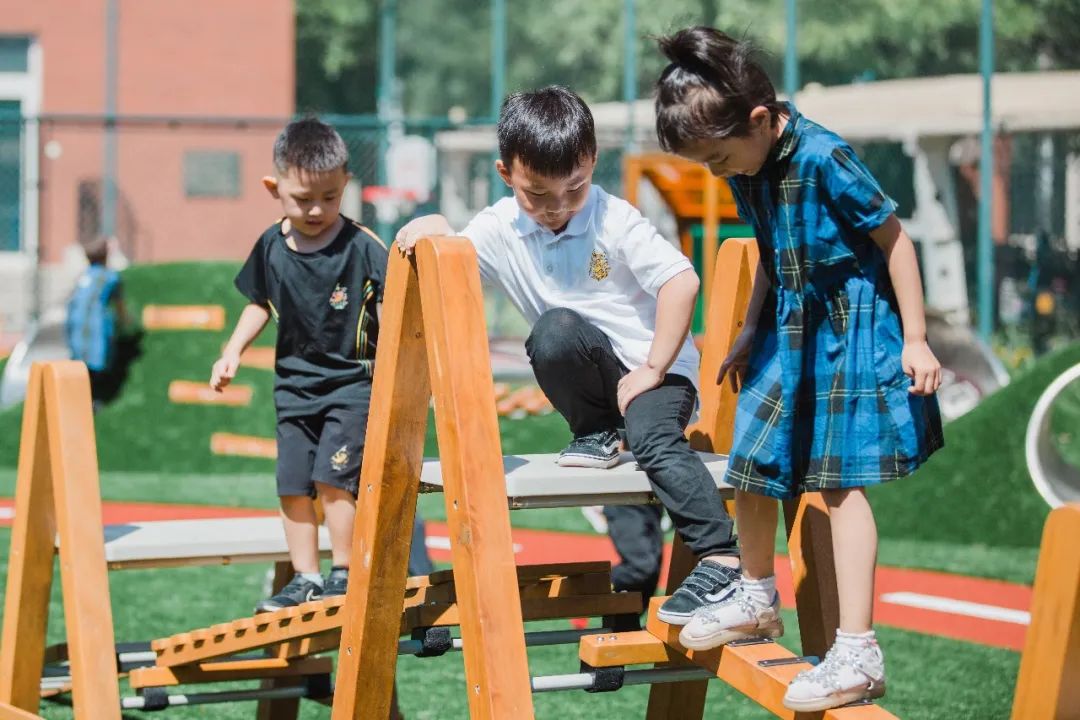
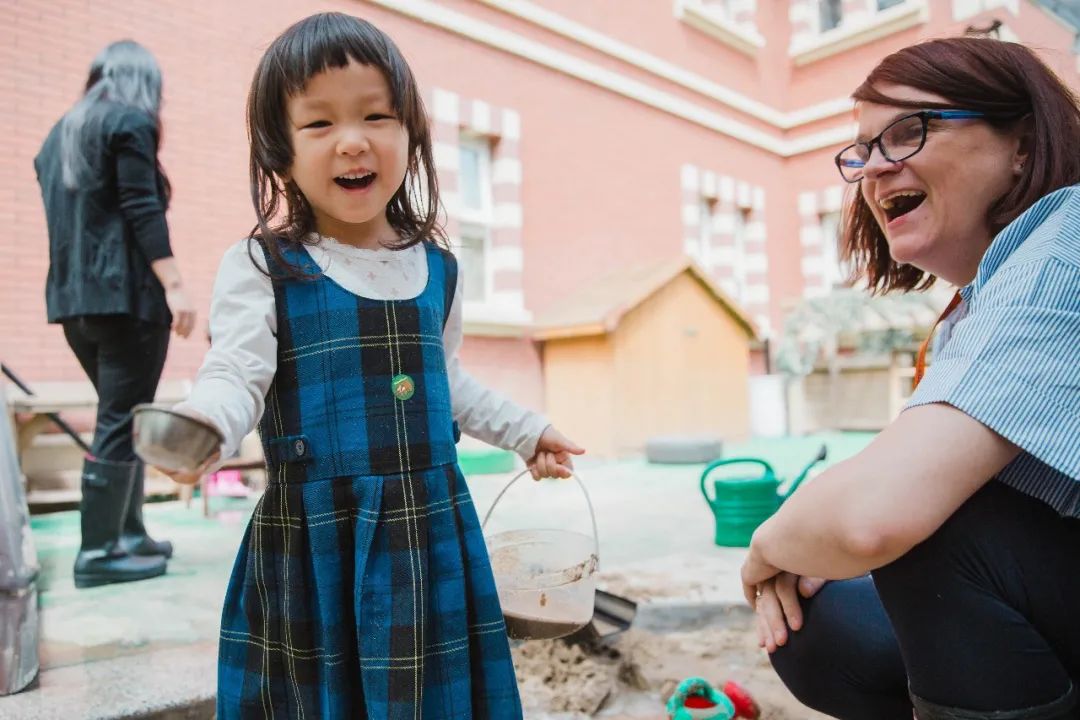
High-quality outdoor learning experiences are proven to:
-
develop reflective and inquisitive thinking along with problem-solving approaches in 'real' situations
-
encourage holistic development of children
-
develop resilience and adaptability in occasionally adverse circumstances
-
allow children to become more able to identify hazards and risks
-
develop a love, appreciation and respect for nature and all that is living
-
develop an understanding of how we can look after our environment
-
develop self-awareness, confidence and self-esteem
-
develop collaborative-working and communication skills for all languages spoken
-
provide positive health benefits – both physically and mentally – and assist gross and fine-motor development
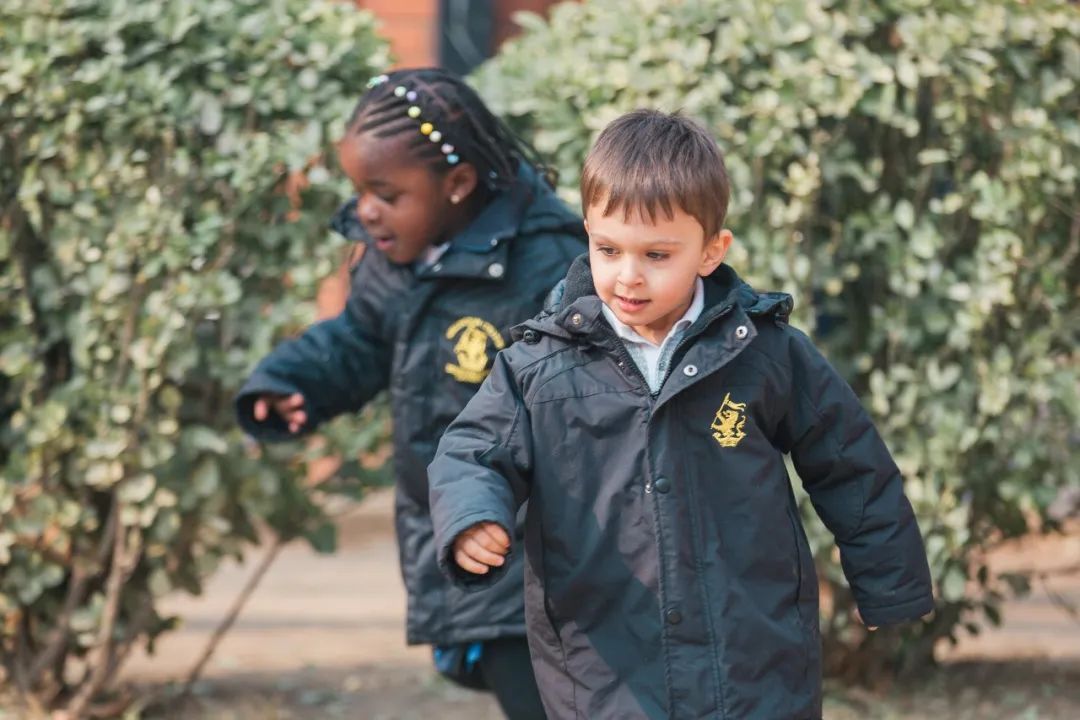
Related Articles








 Channel
Channel 
 Linkedin
Linkedin  Weibo
Weibo  Facebook
Facebook  Ins
Ins 

